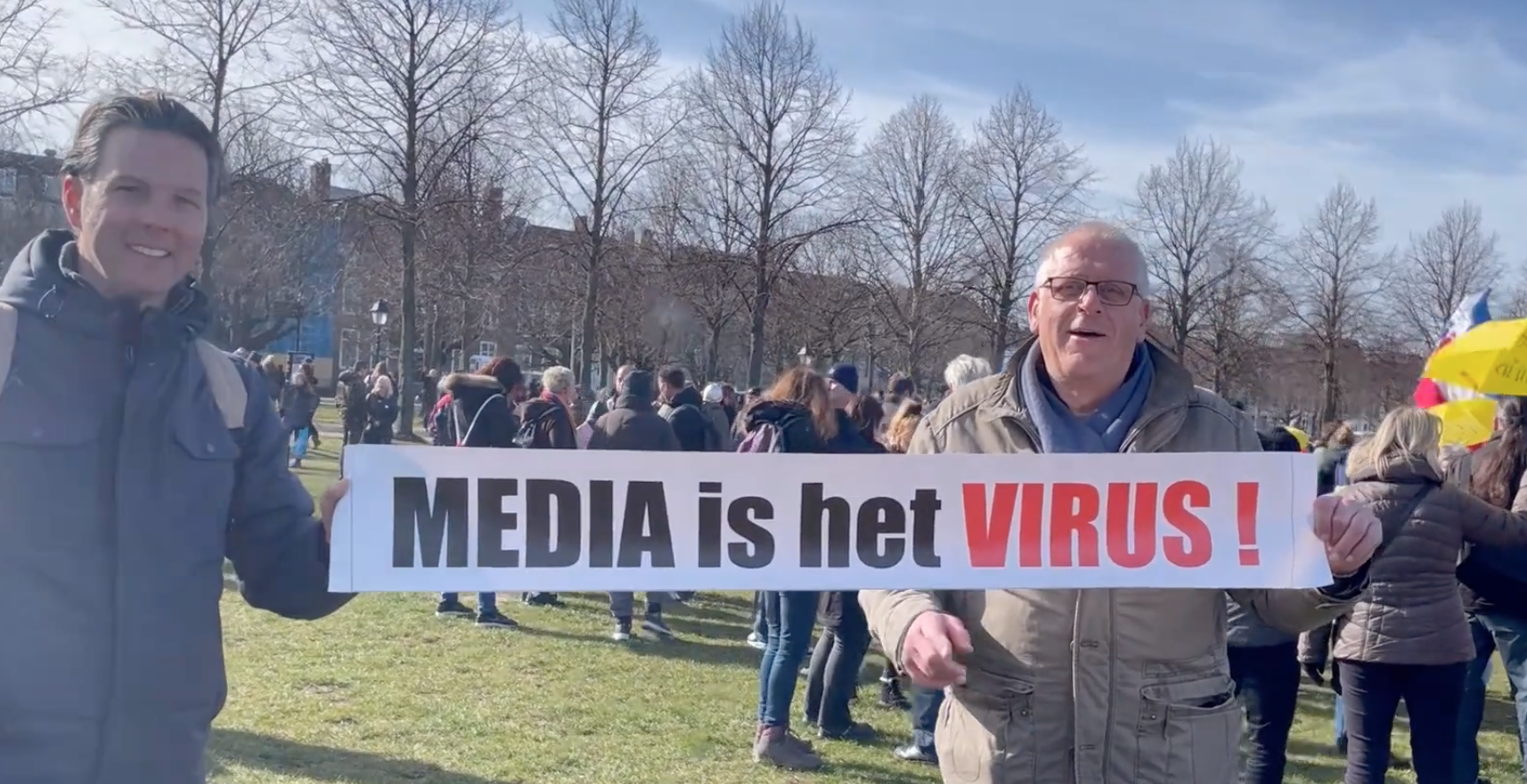 If you really want to know what is happening in Iran, go online. Tonight, the brilliant Lindsey Hilsum from Channel 4 News had an exclusive interview with an opposition politician and great pictures of her in the heart of the swelling demonstrations. But she was unable to file a commentary or join Jon Snow live for the programme because of technical obstacles and Iranian restrictions.
If you really want to know what is happening in Iran, go online. Tonight, the brilliant Lindsey Hilsum from Channel 4 News had an exclusive interview with an opposition politician and great pictures of her in the heart of the swelling demonstrations. But she was unable to file a commentary or join Jon Snow live for the programme because of technical obstacles and Iranian restrictions.
Meanwhile, Sky News were live in London with their Twitter correspondent who was, at least, able to direct viewers to the plethora of Iranian correspondents linked through the microblogging service.
Of course, the range in quality and character of the sources that you can access online is wide and uneven. You could hear from @hamidreza1978 a ‘civil engineer’ in Tehran or there was Richard Sambrook (@sambrook) the head of BBC Global News who spent his Sunday collating links, including the big news’ services such as the BBC itself and its new Persian service.
You can judge for yourself how reliable they were. Some had websites, some gave some background information. As Turi Munthe points out in the comment to this article, the Twitter-users tend to be richer and more pro-Western and so they are not representative.
Wilder gossip flew around but generally it was what you would expect from individual voices trying to get a handle on a fast-moving, complicated story: selective, personal, compelling, immediate.
On the first day as the results came in it was clear that something odd had happened. But it was by no means clear that either a massive injustice had taken place or that people were reacting violently.
Today (Monday) one gets a clearer sense that the result was not an accurate reflection of the people’s will and that opposition is mounting.
Inevitably, an information service like Twitter gives a particular character to the reporting of an event like this. It can feel frantic, sporadic, uncontextualised, random, personalised, unchecked. Indeed, it was and is all those things.
It can also give a exaggerated sense of momentum as a medium simply because people are seeking to network and to get a meme running.
But in this case it came into its own.
While the mainstream news was either silent, absent or waiting, Twitter sought to fill the gap. And out came those interesting voices building into a hum of protest.
Now it is Tuesday and mainstream media is able to catch up and, as in the case of Sky and the BBC, actually use and work with services like Twitter to amplify their own coverage with the thousands on online citizen journalists out there speaking from Iran and listening around the world.
As Marc Ambinder of the Atlantic Monthly has written, we would still know about the Iranian election story through mainstream media without Twitter and the Internet. But it has added a huge amount of data and opinion from Iranians that would otherwise be absent. As Ambinder also points out, it has also created a meta-narrative of criticism of mainstream media’s framing of the story. Hence, a ‘CNNfail’ hashtag on Twitter.
So it makes it harder for the authorities in Tehran to control the message and the situation, but it also makes it harder for the media and politicians in Washington and London to keep everything in line, too.
It should also be said that this does not translate automatically from freedom of expression to political freedom. As I added later to this article in response to a comment, there is also a narrative bias on these stories. There can be an expectation that each Yellow or Velvet or Green Revolution must follow some lovely pro-Western Whig Liberal version of history. As if there was one ‘democratic’ uprising template for them all. We forget, for example that even the Tehran ‘opposition’ has been pre-approved by the ruling theological council.
Good blog on this by Clark Hogan-Taylor from a more Twitter-enthusiastic perspective here




Charlie – typing this from the BBC Today programme’s HQ where we’re just about to talk about all this, but:
1. Check Demotix’ Iran hub: http://www.demotix.com/content/iran-elections-2009
2. The big point to make about the Tweets, FBook stories, Demotix pieces et al coming out of Iran at the moment is that they’re massively misrepresenting the story there for the obvious reason that the demographic supplying the stories are urban, educated, English-speaking, media-smart, and with access to the internet.
So all the stories we’re getting from social media are pro-Moussavi, which – unsurprisingly – is what the mainstream want to hear.
In this case, it’s prob fair to say social, user-generated media is aiding and abetting partisan mainstream reporting. (What was Ian Black in the Guardian yesterday thinking when he wrote Ahmadinejad won “against all expectation”?)
You’re quite right on the pro-technophile, pro-Western bias of Twitter – I meant to say that. There is also a narrative bias on these stories, which is the expectation that each Yellow or Velvet or Green Revolution must follow some lovely pro-Western Whig Liberal version of history. As if there was one ‘democratic’ uprising template for them all. We forget, for example that even the Tehran ‘opposition’ has been pre-approved by the ruling theological council.
cheers
Charlie